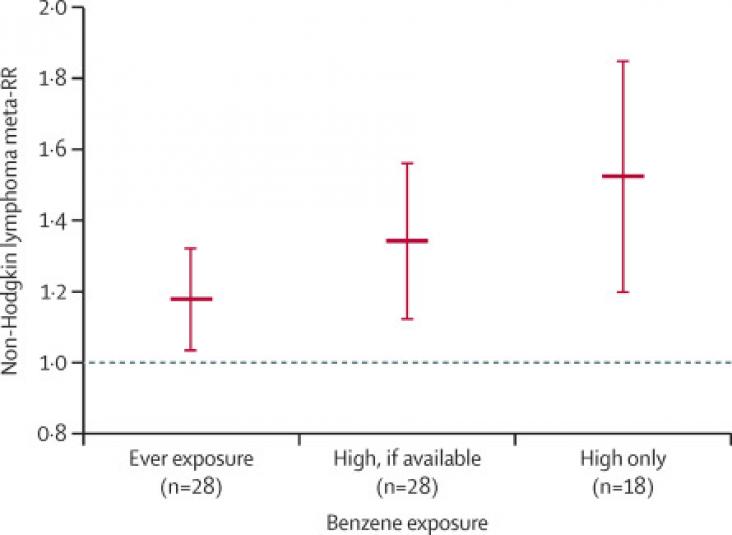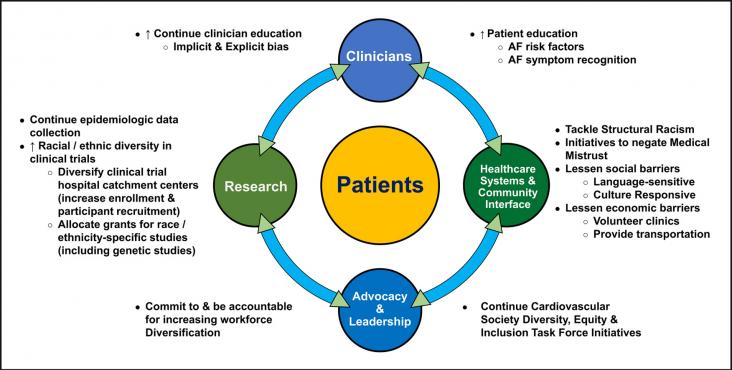
Background: Non-Hodgkin lymphoma comprises a heterogeneous group of cancers with unresolved aetiology, although risk factors include environmental exposures to toxic chemicals.
Background: The prevalence of landscape fires has increased, particularly in low-income and middle-income countries (LMICs).

This article highlights the underrepresentation of racial and ethnic populations in atrial fibrillation clinical trials, especially trials focused on stroke prevention. Specific strategies are proposed for future research and initiatives that have potential to eliminate racial and ethnic differences in the care of patients with atrial fibrillation.
This Research Paper supports SDGs 3 and 10 by investigating the contribution of multiple long-term conditions to the widening inequalities in disability-free life expectancy by socioeconomic deprivation.
This Comment article supports SDG 3, 13, and 15 by calling for urgent action to keep average global temperature increases below 1·5°C, halt the destruction of nature and further biodiversity loss, and protect health.

Health professionals are in a unique position to accelerate creation of policies to mitigate and adapt to the public health emergency that is the climate crisis.
Correspondence on the factors behind low COVID-19 immunisation coverage among marginalised communities in Latin America and the Caribbean, in the context of SDGs 3 and 10, highlighting the need to consider the specific circumstances of Indigenous communities in the development of national COVID-19 immunisation campaigns.
This chapter supports SDGs 3 and 16 by outlining key research needs, while emphasizing that reducing the burden of pulmonary, critical care and sleep disorders in migrants and refugees.

Niemann-Pick type C (NPC) disease, a lysosomal storage disorder caused by defective NPC1/NPC2 function, results in the accumulation of cholesterol and glycosphingolipids in lysosomes of affected organs, such as liver and brain. Moreover, increase of mitochondrial cholesterol (mchol) content and impaired mitochondrial function and GSH depletion contribute to NPC disease. However, the underlying mechanism of mchol accumulation in NPC disease remains unknown. As STARD1 is crucial in intramitochondrial cholesterol trafficking and acid ceramidase (ACDase) has been shown to regulate STARD1, we explored the functional relationship between ACDase and STARD1 in NPC disease.
This chapter aligns with Goal 3: Good Health and Wellbeing and Goal 14: Life under Water by discussing the ethical considerations and welfare needs of zebrafish in laboratory settings.
